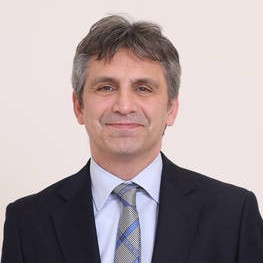Aboud Ishac
Biography Narrative
Born in Syria, Ephrem has a BA in English literature and an MA in general theology from St Vladimir’s Theological Seminary, New York, USA, and a PhD in Syriac Liturgy from the Holy Spirit University of Kaslik, Lebanon. He served at the secretary of Mor Gregorios Youhanna Ibrahim, the Syriac Orthodox Metropolitan of Aleppo. His is a visiting researcher at Université Catholique de Louvain la Neuve in Louvain, Belgium, St John’s University, Collegeville, USA, Beth Mardutho Syriac Studies Center, New Jersey, USA, and to Karl Franzens Universität, Graz, Austria, where he started a Postdoctoral research on Syriac Liturgical Anaphoras in 2013, which was followed by the project “Syriac Anaphoras: Editions According to Manuscripts” in 2014. Ephrem has been teaching liturgy in the MA programme of Syriac Theology at Salzburg University since 2015, focusing on critical issues in the current Syriac liturgical practice and discussing an academic vision for a possible liturgical reform. He is a contributor to the Syriac Anaphoras database at the Vestigia Research Centre, Graz University, and to Sedra Syriac Lexicographical database at Beth Mardutho, New Jersey. Since November 2017, he is a senior postdoctoral fellow at Fscire – John XXIII Foundation for Religious Studies, Bologna.
Interreligious Activities and Initiatives
When I Met the Other

